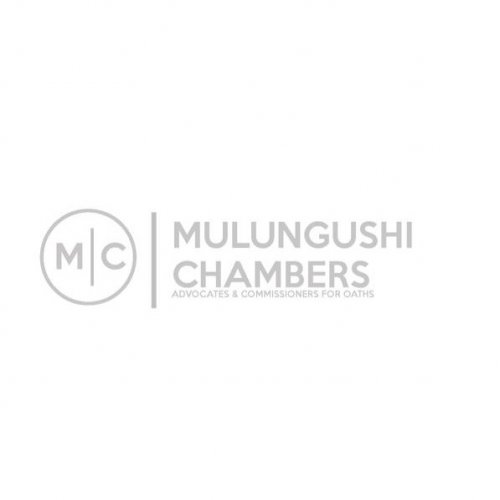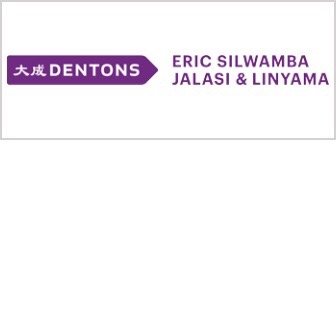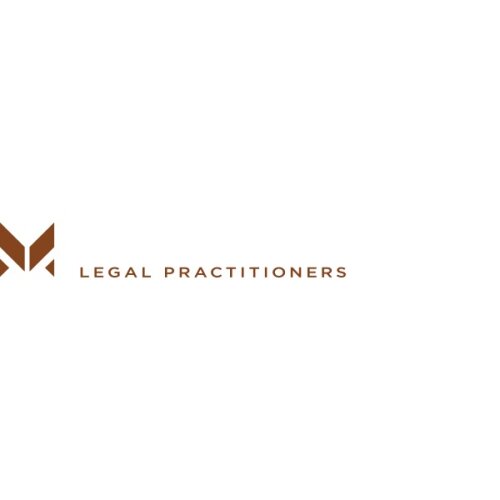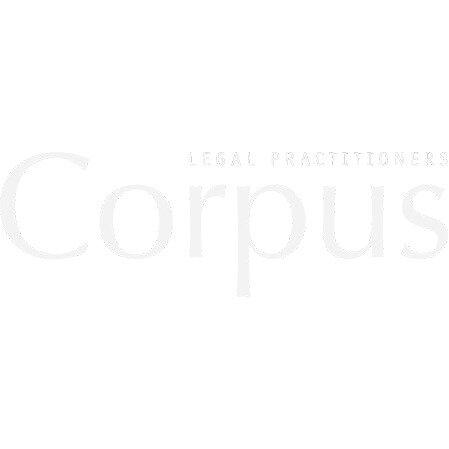Best Sanctions & Export Controls Lawyers in Zambia
Share your needs with us, get contacted by law firms.
Free. Takes 2 min.
Or refine your search by selecting a city:
List of the best lawyers in Zambia
About Sanctions & Export Controls Law in Zambia
Sanctions and export controls in Zambia refer to the legal and regulatory framework that governs the movement of goods, technology, services, and funds across Zambian borders. These laws are designed to comply with international obligations, preserve national security, ensure compliance with United Nations Security Council sanctions, and prevent the proliferation of weapons, dual-use items, and other sensitive goods. The Zambian government has implemented a variety of laws and regulations to manage how exports and imports are conducted, especially with countries or entities subject to international sanctions.
Why You May Need a Lawyer
Legal advice is often critical when dealing with sanctions and export controls in Zambia. Seeking counsel can help in several situations, such as:
- Ensuring your business complies with international sanctions and local regulations
- Facilitating the import and export of controlled goods, such as chemicals, arms, or sensitive technologies
- Navigating applications for licenses or permits required for exporting certain products
- Responding to investigations or enforcement actions by Zambian authorities
- Handling disputes involving supply chains affected by sanctions
- Mitigating risk of heavy fines, penalties, or criminal charges for non-compliance
- Interpreting updates to laws in response to international events or United Nations resolutions
- Assisting foreign companies that wish to operate in Zambia without breaching local or international sanctions regulations
- Advising on due diligence for mergers, acquisitions, or joint ventures with foreign partners
Lawyers with expertise in this area can provide practical solutions and help protect individuals or companies from inadvertent violations that could lead to severe consequences.
Local Laws Overview
Zambia has specific laws and regulations that relate to sanctions and export controls, and these are enforced by various government agencies. The main legal instruments include:
- Control of Goods Act - This act empowers the government to regulate the import and export of goods, especially those considered sensitive or strategic.
- Customs and Excise Act - Managed by the Zambia Revenue Authority, this act defines the procedures and requirements for the legal import and export of goods, including specific prohibitions and licensing requirements.
- Foreign Exchange Control Regulations - These regulate how currency and monetary transactions crossing Zambian borders are controlled, especially in the context of international sanctions.
- Counter-Terrorism and Non-Proliferation Act - Implements measures for the suppression of terrorism and the proliferation of weapons of mass destruction in line with international obligations.
- United Nations Sanctions - As a UN member state, Zambia is obliged to implement and enforce UN Security Council sanctions, which may include asset freezes, travel bans, and embargoes on certain goods or technologies.
Compliance is mandatory whether you are an individual, a business, or a foreign entity operating within Zambia. The penalties for non-compliance may include seizure of goods, fines, license revocation, or criminal prosecution.
Frequently Asked Questions
What are export controls in Zambia?
Export controls are laws and regulations that govern the shipment of certain goods, technology, and services out of Zambia to another country. They are designed to prevent illegal exports and the spread of controlled or dangerous items.
Who enforces sanctions and export controls in Zambia?
Enforcement is mainly carried out by the Zambia Revenue Authority, the Ministry of Commerce, Trade and Industry, the Bank of Zambia for currency controls, and relevant law enforcement agencies.
Which goods are typically subject to export controls?
Controlled goods often include firearms and ammunition, chemicals, pharmaceuticals, dual-use products such as certain machinery, and radioactive materials. The list is regularly updated by government authorities.
Does Zambia comply with international sanctions?
Yes, Zambia is a member of the United Nations and is obligated to implement and enforce UN Security Council sanctions. The government issues statutory instruments to give effect to these sanctions locally.
Do I need a permit to export goods from Zambia?
Yes, for many categories of goods, you must obtain a permit or license from the relevant authority before exporting. The requirements depend on the type of goods and the destination country.
What are the penalties for violating export controls or sanctions?
Penalties may include fines, confiscation of goods, imprisonment, cancellation of business licenses, or being barred from future import-export activities.
How can a business ensure compliance with sanctions?
Businesses should conduct due diligence on customers and suppliers, obtain the necessary licenses, stay updated on current lists of sanctioned countries or entities, and seek legal advice if in doubt.
Are there exemptions for humanitarian exports?
Yes, exemptions may apply for humanitarian goods such as food and medicine, but these often require prior authorization to ensure they are not diverted for prohibited use.
Can foreign companies face sanctions enforcement in Zambia?
Yes, foreign companies with operations or transactions in Zambia are subject to local sanctions and export control laws. Violations can lead to the same penalties faced by local entities.
Where can I find information on current prohibited or restricted goods?
The Zambia Revenue Authority and the Ministry of Commerce, Trade and Industry regularly publish updates on regulated goods. Checking with these bodies or consulting a legal specialist is recommended.
Additional Resources
If you need more information or support on sanctions and export controls in Zambia, consider contacting or consulting the following authorities and organizations:
- Zambia Revenue Authority - Customs Services Division for queries about import-export procedures and compliance.
- Ministry of Commerce, Trade and Industry for trade regulations and export licensing.
- Ministry of Foreign Affairs and International Cooperation regarding international obligations under sanctions regimes.
- Bank of Zambia for information on foreign exchange controls.
- Chambers of Commerce and Industry for business-specific guidance and updates.
- International Law Firms and Trade Consultants for specialized legal and compliance advice.
Next Steps
If you believe that your situation may be affected by Zambia's sanctions and export controls, or if you are planning to engage in cross-border trade, consider taking the following actions:
- List the goods, technology, or services you want to export or import and identify any potential restrictions
- Consult authoritative sources or reach out to the relevant government agencies for clarification
- Engage a qualified lawyer who specializes in sanctions and export controls to assess your compliance and risk exposure
- Ensure all documentation, licenses, and permits are secured before proceeding with any transactions
- Train your staff and stakeholders on compliance policies and procedures to prevent inadvertent violations
- Regularly monitor legal updates and adjust your policies as necessary
Getting legal advice early can prevent costly mistakes and ensure your business or personal transactions remain on the right side of the law in Zambia.
Lawzana helps you find the best lawyers and law firms in Zambia through a curated and pre-screened list of qualified legal professionals. Our platform offers rankings and detailed profiles of attorneys and law firms, allowing you to compare based on practice areas, including Sanctions & Export Controls, experience, and client feedback.
Each profile includes a description of the firm's areas of practice, client reviews, team members and partners, year of establishment, spoken languages, office locations, contact information, social media presence, and any published articles or resources. Most firms on our platform speak English and are experienced in both local and international legal matters.
Get a quote from top-rated law firms in Zambia — quickly, securely, and without unnecessary hassle.
Disclaimer:
The information provided on this page is for general informational purposes only and does not constitute legal advice. While we strive to ensure the accuracy and relevance of the content, legal information may change over time, and interpretations of the law can vary. You should always consult with a qualified legal professional for advice specific to your situation.
We disclaim all liability for actions taken or not taken based on the content of this page. If you believe any information is incorrect or outdated, please contact us, and we will review and update it where appropriate.
Browse sanctions & export controls law firms by city in Zambia
Refine your search by selecting a city.

















